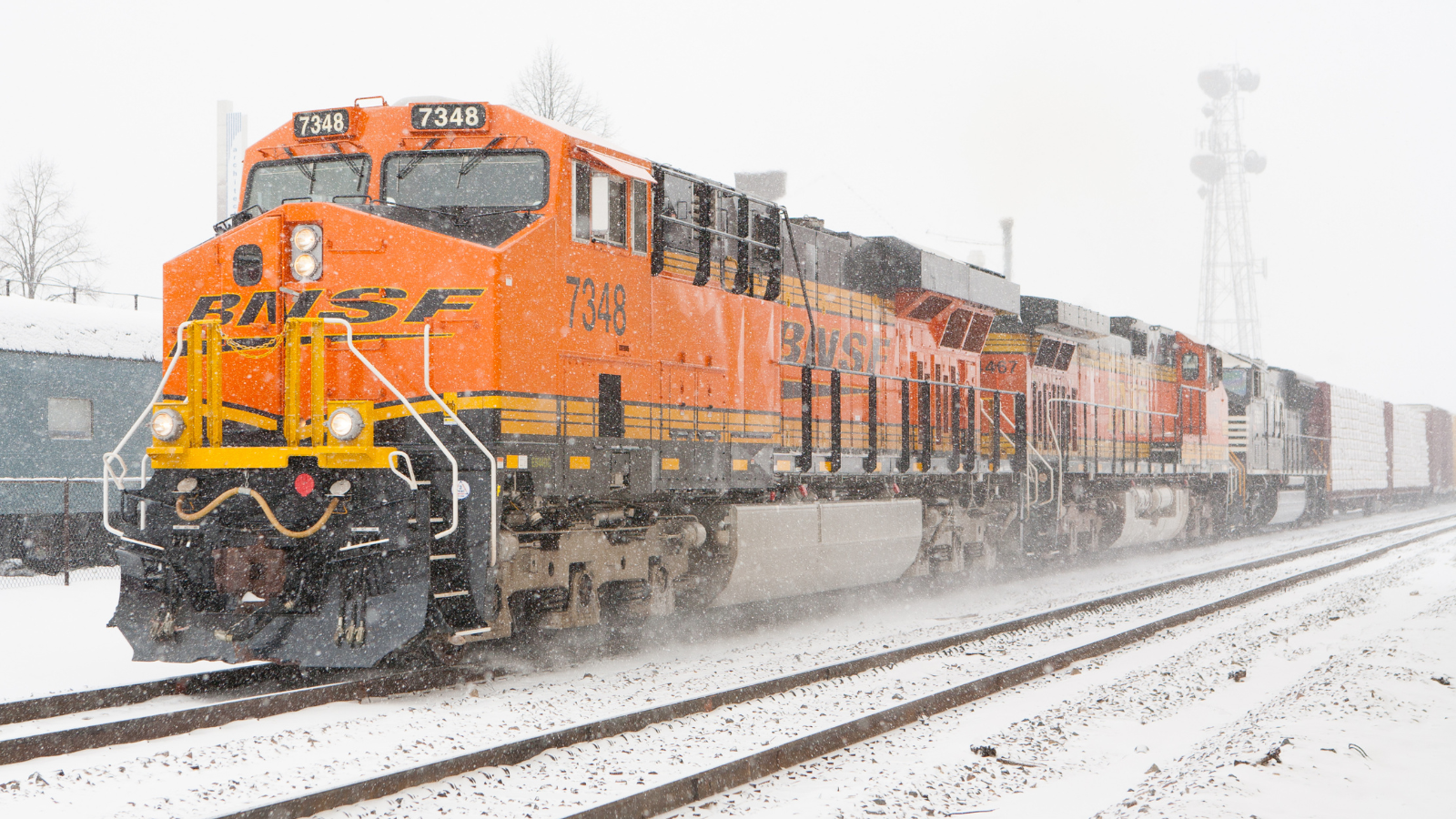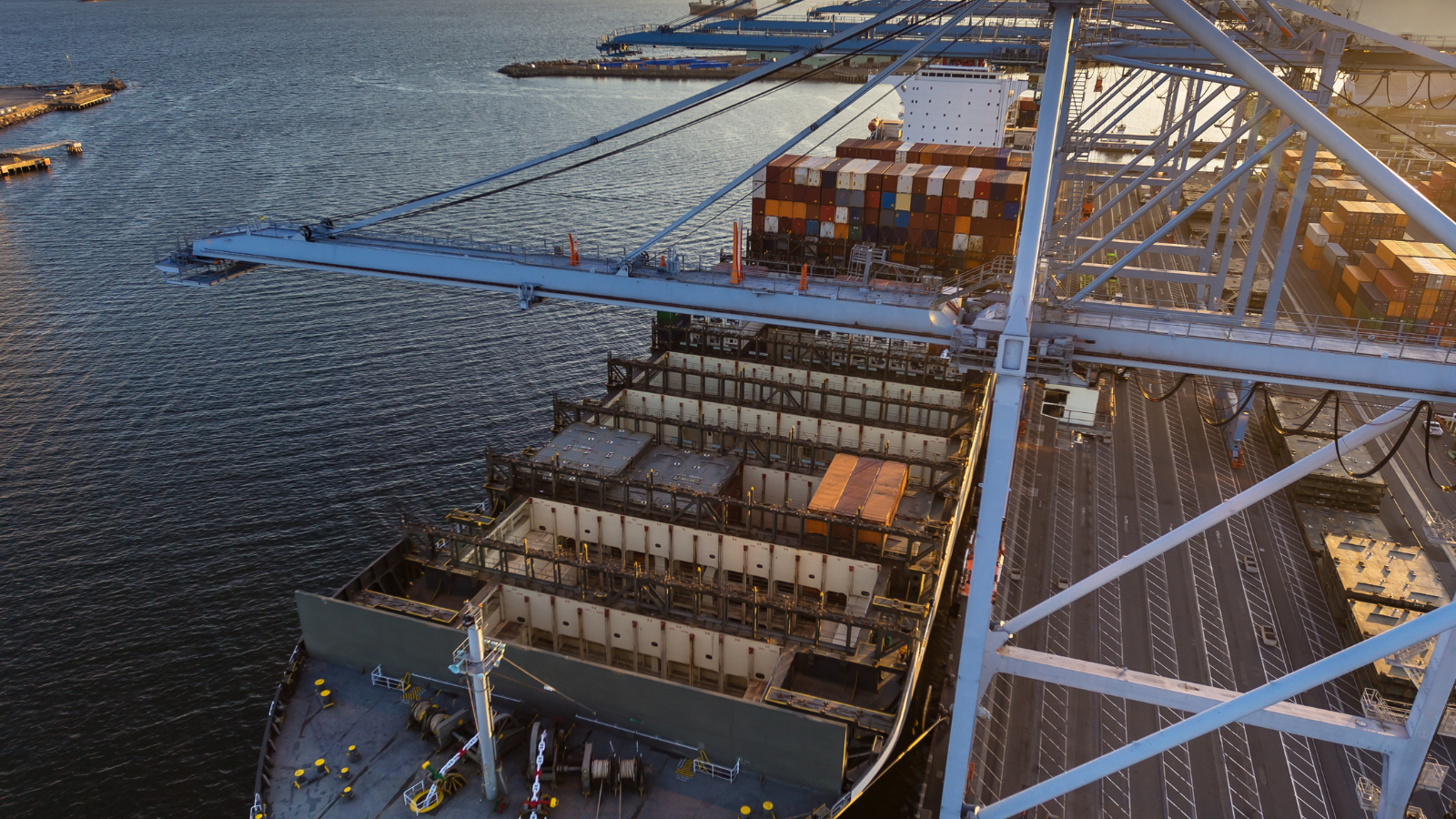Operations at the Port of Seattle have been suspended due to a clash between the ILWU and the PMA
🚢 Operations at the Port of Seattle have been suspended due to a clash between the ILWU and the PMA.
Cargo operations at the Port of Seattle have been halted due to coordinated work actions led by the International Longshore and Warehouse Union (ILWU), according to a tweet from the Pacific Maritime Association (PMA), which represents terminal operators. The ILWU, on the other hand, claims that West Coast ports are open and accuses the PMA of using one-sided information to influence the situation. The unions are seeking a pay increase that reflects their contribution to the ocean shipping industry's profits during the pandemic cargo boom, as well as additional compensation for hours worked since their contract expired.
Another potent atmospheric river storm is set to bring heavy rainfall, strong winds, and possible mountain snow to the Pacific Northwest through midweek.
The National Oceanic and Atmospheric Administration (NOAA) has released historical maps showing how El Niño influences snowfall in the United States.
Rising tensions surround the issue of growing homeless encampments throughout Western U.S. cities, with leaders across the political spectrum urging the Supreme Court to address the proliferation of tent cities and associated deteriorating public conditions.
During a panel discussion, former officials from the US and South Korea debated the necessity of having both the Comprehensive and Progressive Agreement for Trans-Pacific Partnership (CPTPP) and the Indo-Pacific Economic Framework (IPEF) in the Asia-Pacific region.
The 13-day labor strike at the West Coast ports in Canada has ended, as Canada’s Labor Minister and Transport Minister on Twitter announced.
The ongoing strike at Canadian West Coast ports is causing a significant impact on freight rail cargo entering the United States, according to weekly rail trade data from the Association of American Railroads (AAR).
According to the U.S. Energy Information Administration (EIA), the West Coast's rising demand for renewable diesel and biodiesel is expected to lead to the lowest diesel consumption levels in over a decade.
A union strike has brought container terminals at Canada's West Coast ports to a halt, causing significant disruptions to supply chains.
Two containerships originally bound for the Port of Vancouver have been redirected to the Port of Seattle as labor strikes at West Coast ports in Canada continue for the sixth day.
The International Longshore & Warehouse Union (ILWU) Canada's Longshore Division has officially begun a strike, impacting West Coast ports in Canada, including Vancouver and Prince Rupert.
Following the resolution of the contract dispute at West Coast ports, BNSF Railway Co. (BNSF) has announced its readiness to handle an anticipated surge in intermodal volumes once freight levels in the region return to normal.
The International Longshore Warehouse Union (ILWU) and the Pacific Maritime Association (PMA) have reached a six-year tentative deal, putting an end to the long-standing labor dispute at West Coast ports.
Pacific Maritime Association (PMA) and International Longshore and Warehouse Union (ILWU) have announced a tentative agreement on a six-year contract for workers at 29 West Coast ports.
Recent disruptions at West Coast ports have led to longer wait times for ships at berths, raising concerns about potential supply chain issues.
The West Coast ports are currently facing a labor dispute that has created confusion and uncertainty.
Cargo operations at the Port of Seattle have been halted due to coordinated work actions led by the International Longshore and Warehouse Union (ILWU), according to a tweet from the Pacific Maritime Association (PMA), which represents terminal operators.
Labor fight at West Coast ports leads to ship congestion and rising commercial shipping prices, posing a risk of supply chain disruptions and potential shortages or higher prices.
Despite the reopening of West Coast ports, issues persist with labor slowdowns and shift closures.
Labor issues at West Coast ports have caused disruptions and uncertainty regarding future disruptions.
Last Thursday, a shortage of manpower prompted dockworkers to walk out, resulting in the closure of both West Coast ports.
For 10 months, labor unions at the West Coast ports have been in talks with their employers over a new contract, and there is still no agreement in sight.
While California and New York lost hundreds of thousands of residents, Florida, North Carolina, South Carolina, and Texas were mass gainers. Some speculate that the migration is due to lower taxes and also reference the strong job market and “bounce-back” post-pandemic.
While west coast ports cool and congestion clears, the world’s largest container carriers are debating how to deal with the ongoing labor talks between the union dockworkers and the ports.
Dockworkers and West Coast ports are still deliberating over proposed contract agreements, and many shippers are getting antsy.
Two unions that represent the workers who operate and maintain the terminal at the Port of Seattle are currently disputing with their employers.
East Coast ports are starting to see a wild influx of traffic as the West Coast continues to navigate an excess of supply chain hiccups.



























Get ready for some serious heat!